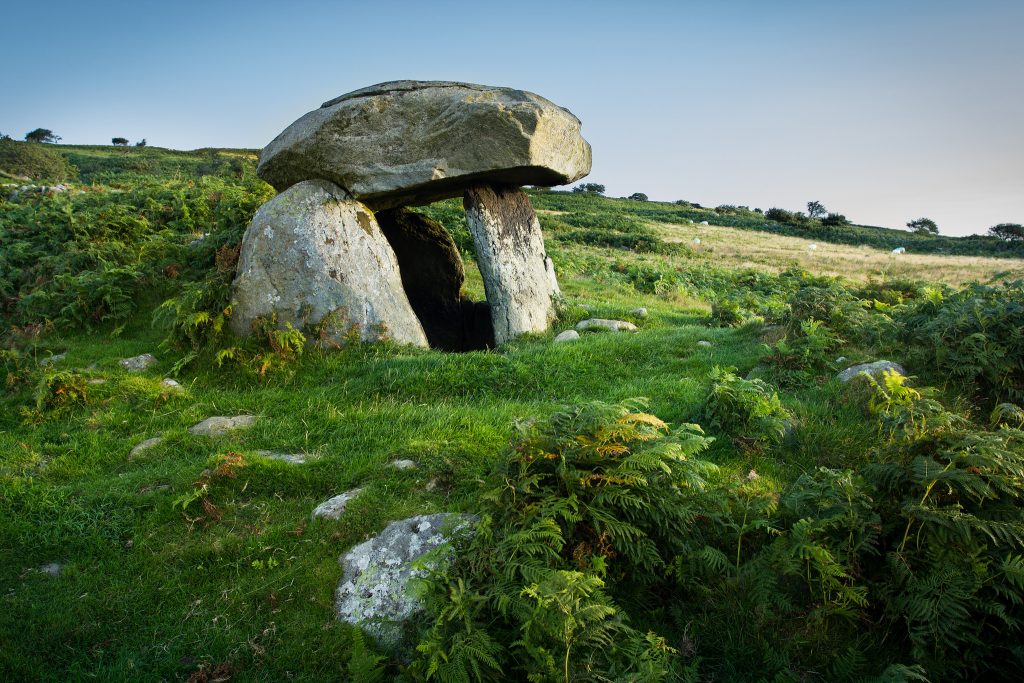What can evolution tell us about morality? UBC Psychology professor and “Big Gods” author Dr. Ara Norenzayan seeks to answer this question in an essay for the Center for Humans & Nature, titled “What can cultural evolution tell us about the human conquest of the planet?”. Dr. Norenzayan explains the role that cultural evolution has played in transforming human societies from small, mobile groups in the Neolithic era into the large populations of millions that we see today.
“The last 10,000 years have been a remarkable period for the human species. As the glaciers of the late Paleolithic retreated, humanity too, retreated from its old foraging ways in small, mobile bands toward increasingly large, sedentary, anonymous groups. In this Neolithic era, we have spread to every corner of the globe, from fertile plains to arctic tundra, deserts, and rainforests. This expansion has been so relentless, that along the way, we have gravely strained the planet’s ecology and its natural resources.
How this happened is a great scientific puzzle. The genetic evolution of our species is too slow and gradual to explain these dramatic but rapid changes in the expansion of human populations and group size. Instead, a more plausible explanation is found in another type of evolutionary process rooted in human biology. Cultural evolution, a non-genetic inheritance system wherein ideas and behaviors are spread socially, was already in place, allowing for rapid behavioral modifications, such as tools for transportation, farming techniques, and trading with strangers. In short time spans, these innovations can get preserved and are passed on to the next generations, or to neighboring groups.”
How this happened is a great scientific puzzle. The genetic evolution of our species is too slow and gradual to explain these dramatic but rapid changes in the expansion of human populations and group size. Instead, a more plausible explanation is found in another type of evolutionary process rooted in human biology. Cultural evolution, a non-genetic inheritance system wherein ideas and behaviors are spread socially, was already in place, allowing for rapid behavioral modifications, such as tools for transportation, farming techniques, and trading with strangers. In short time spans, these innovations can get preserved and are passed on to the next generations, or to neighboring groups.”
Read the full essay.




